Reduce Your Carbohydrate Intake
As your riding intensity decreases, your body will need fewer carbohydrates and calories. One way to reduce your intake is to eliminate the sports drinks and energy bars you often consume during competition. These are unnecessary when training at lower intensities and for shorter durations.
Manage the Holidays
You're going to eat more than normal during the holidays. You'll also burn fewer calories. This is a recipe for weight gain; however, you can minimize the damage.
The most important step you can take is to develop an eating plan for every holiday party, social get-together and dinner you attend. Decide in advance what you'll eat and what you want to avoid, and then stick to your plan.
More: 10 Weight Loss Tips From Pro Cyclists
Remember the 5-Pound Rule
It's not likely that you'll maintain your racing weight during the offseason. This is especially true for individuals who achieved their ideal performance weight during their peak competition periods.
You're going to put on a few pounds during the winter, and that's okay. You just don't want to gain too much weight. The rule is simply this: it's okay to gain 5 pounds of fat above your ideal performance weight—but no more!
The term "fat" is used because you may gain slightly more than 5 pounds of scale weight due to the fact that you'll likely be more hydrated and may eat a larger volume of food (but hopefully not much larger).
You probably won't want to go past 5 pounds of fat because you'll have to worry about cutting the weight once the season approaches. If you only put on 5 pounds, this weight will come off naturally once you start training at a higher intensity. If you gain more than 5 pounds of fat you'll need to come up with a weight loss strategy, which can negatively impact your training during the season.
More: 8 Tips to Lose Weight From Cycling
 Ready to ride? Search for a cycling event
Ready to ride? Search for a cycling event- 2
- of
- 2
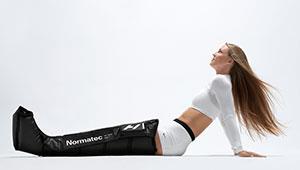
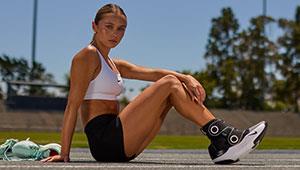
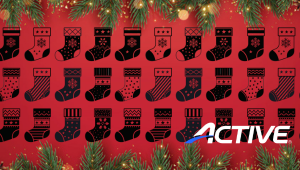
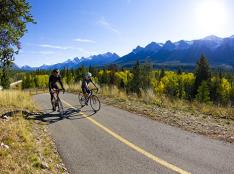

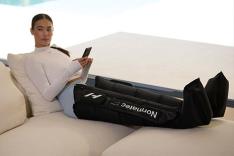

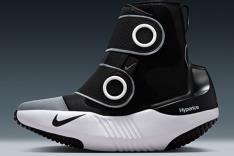
Discuss This Article